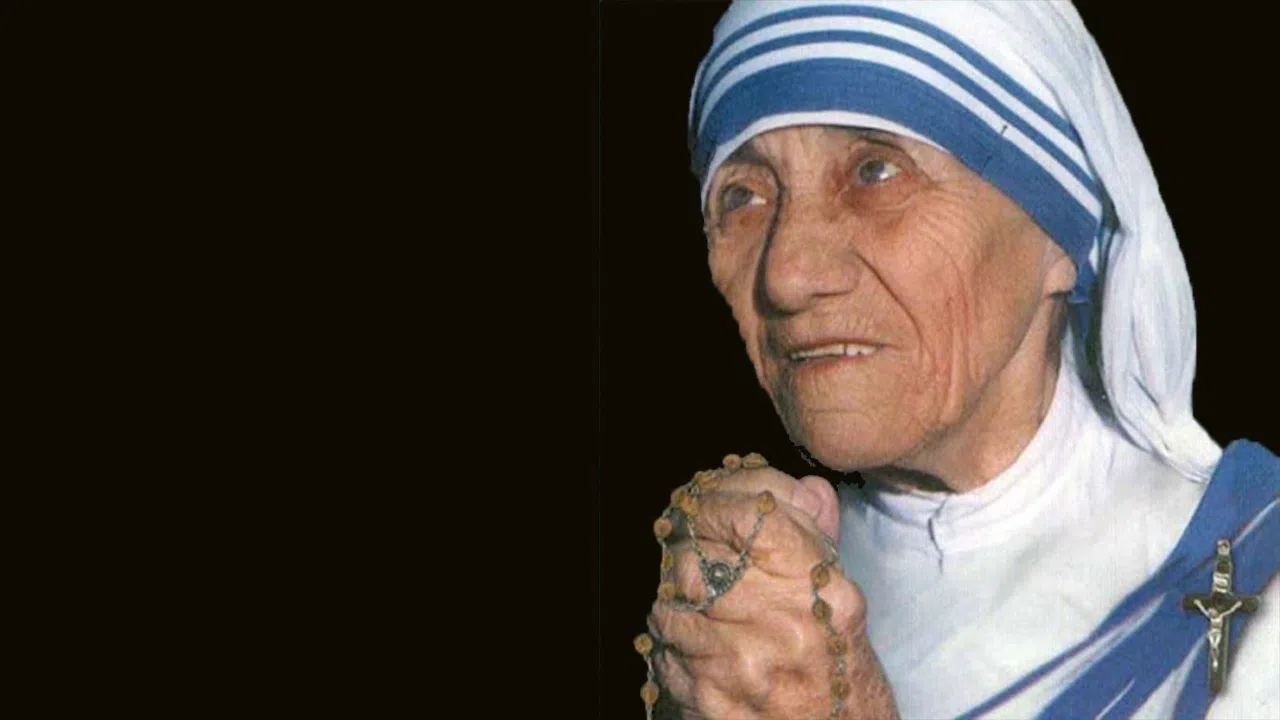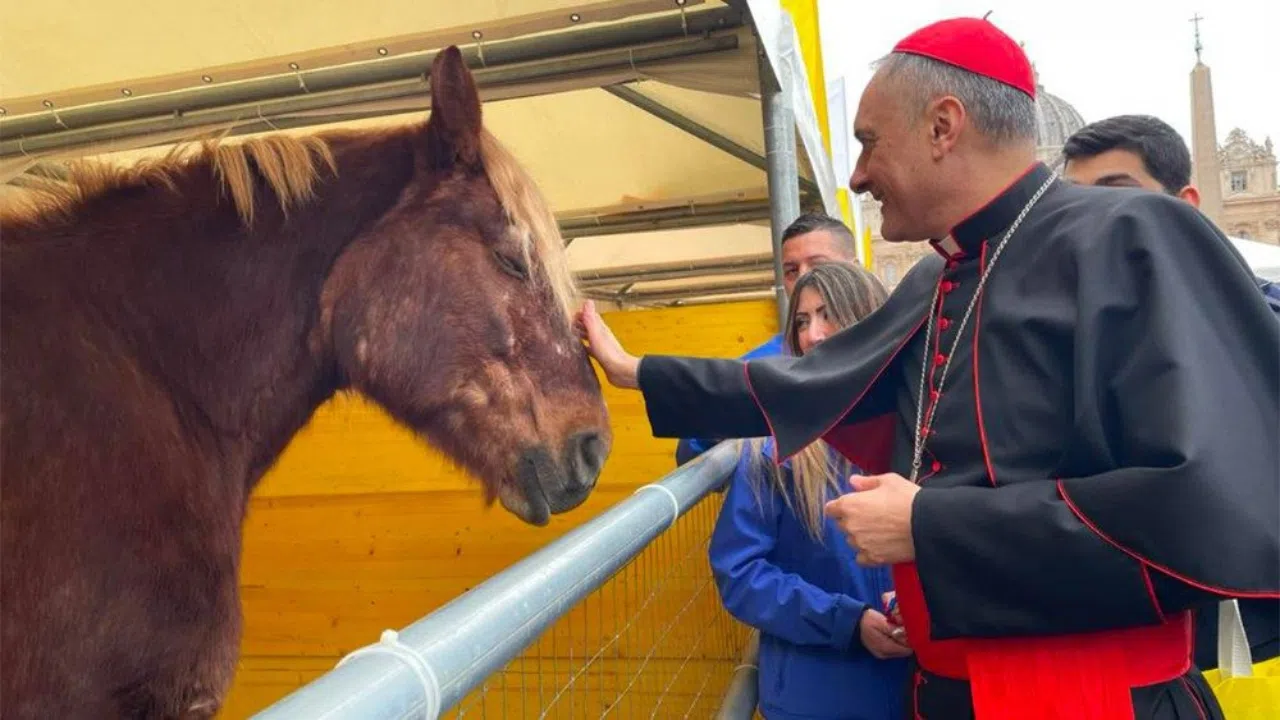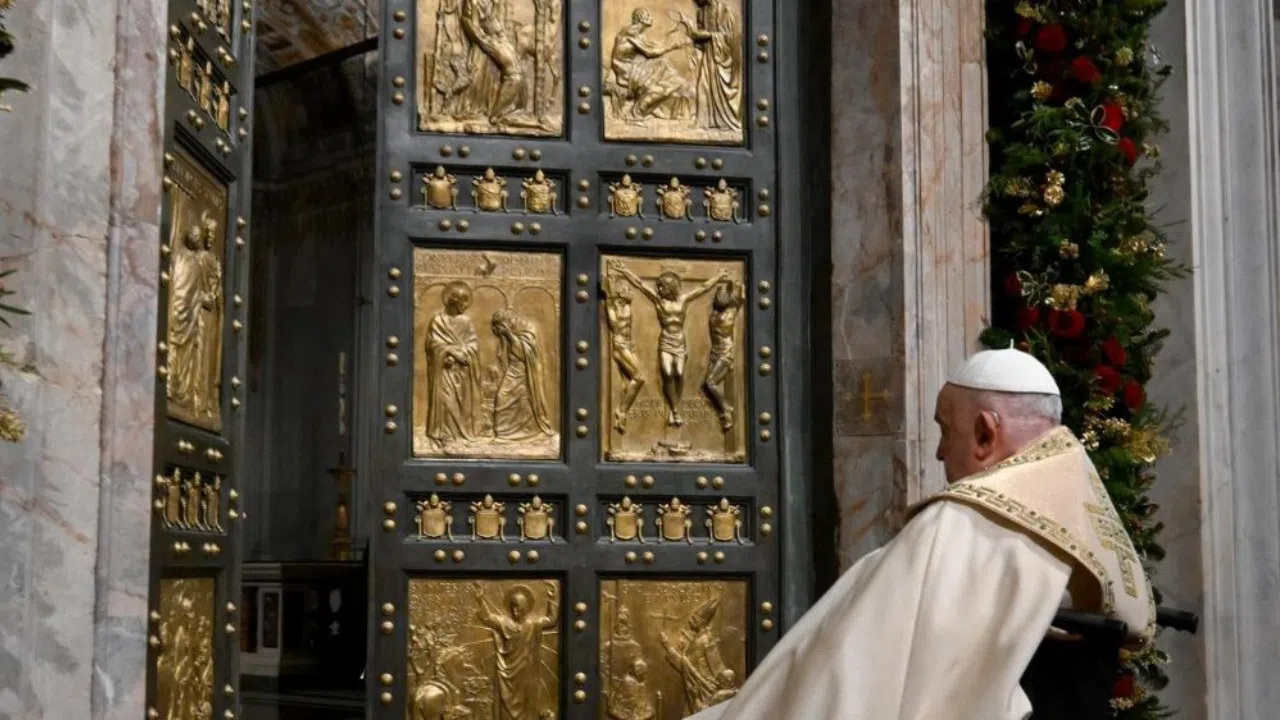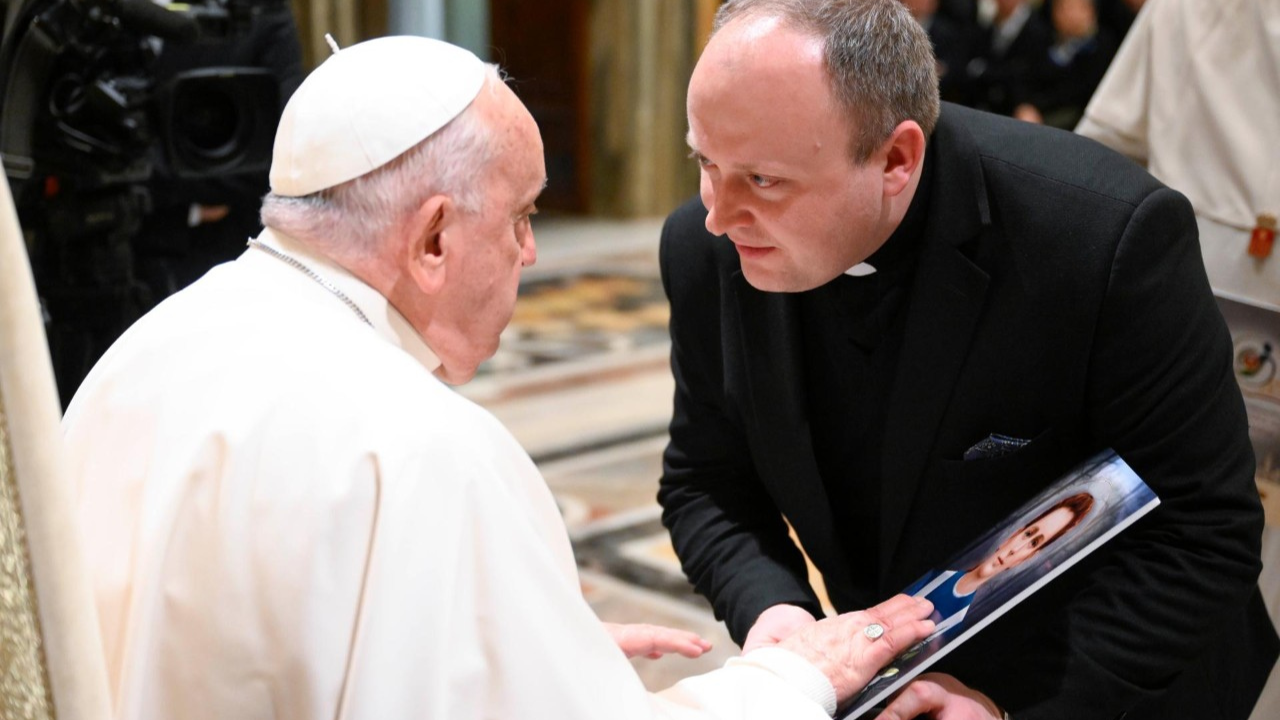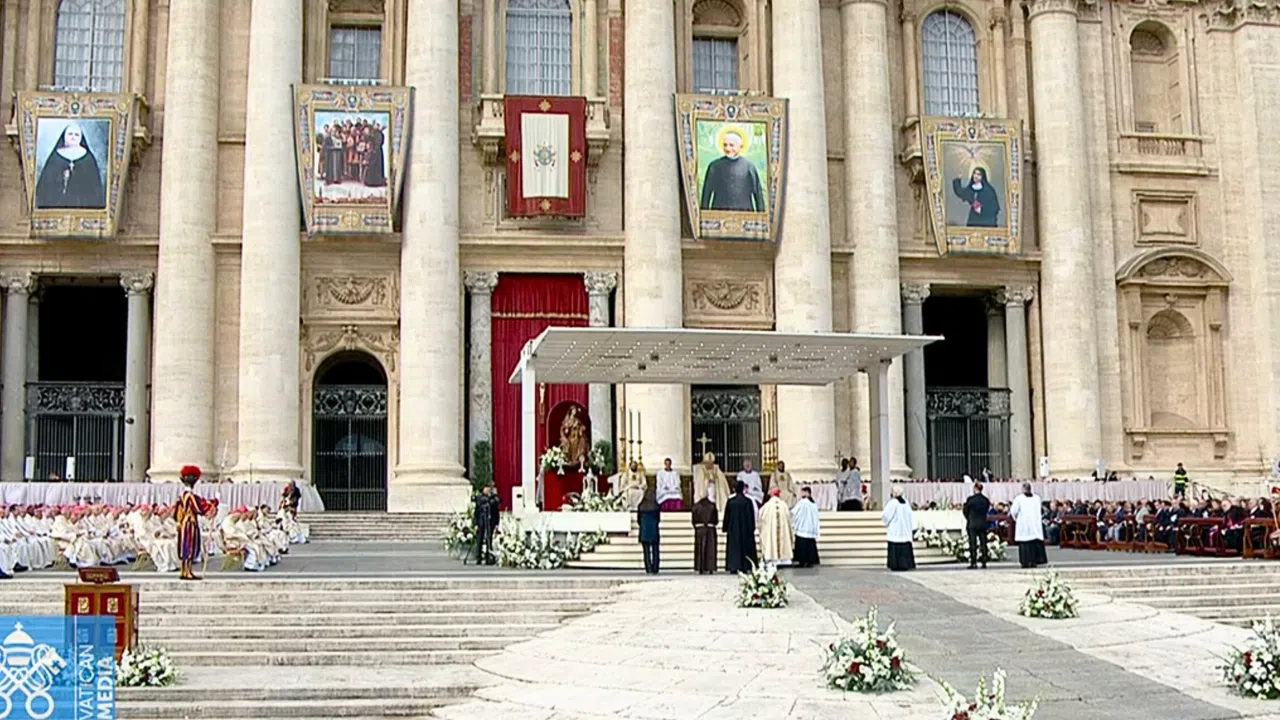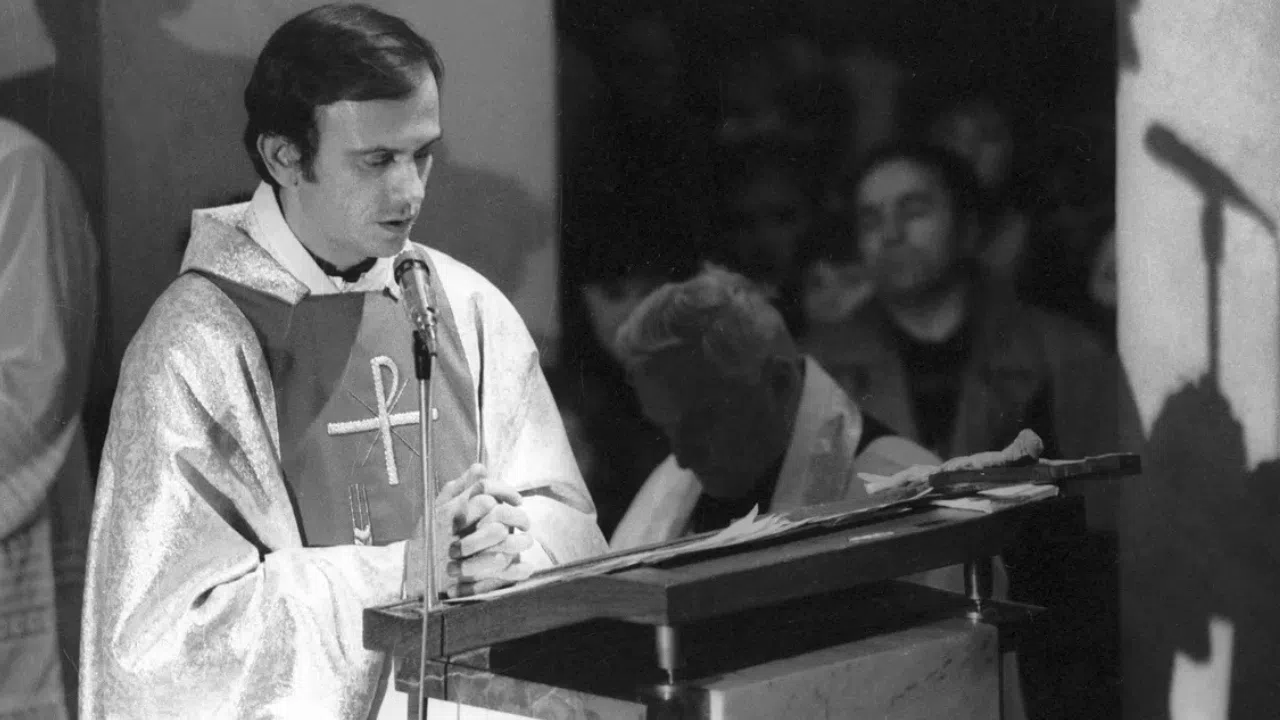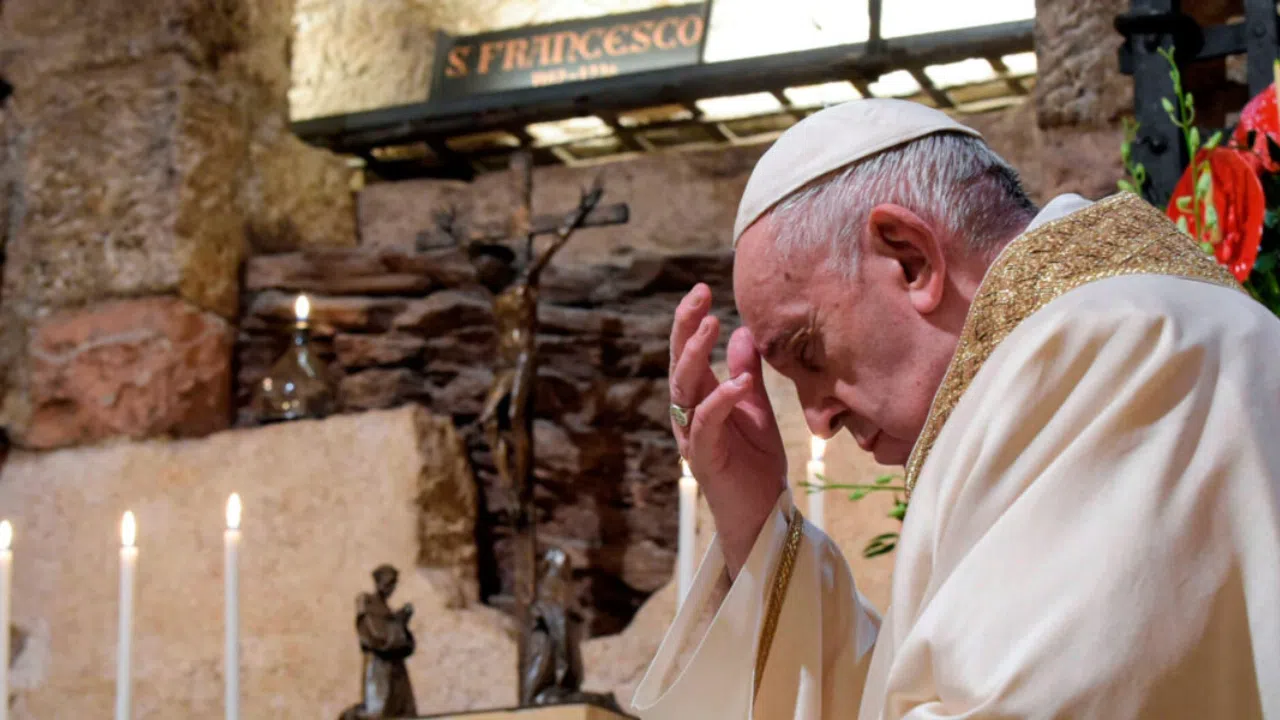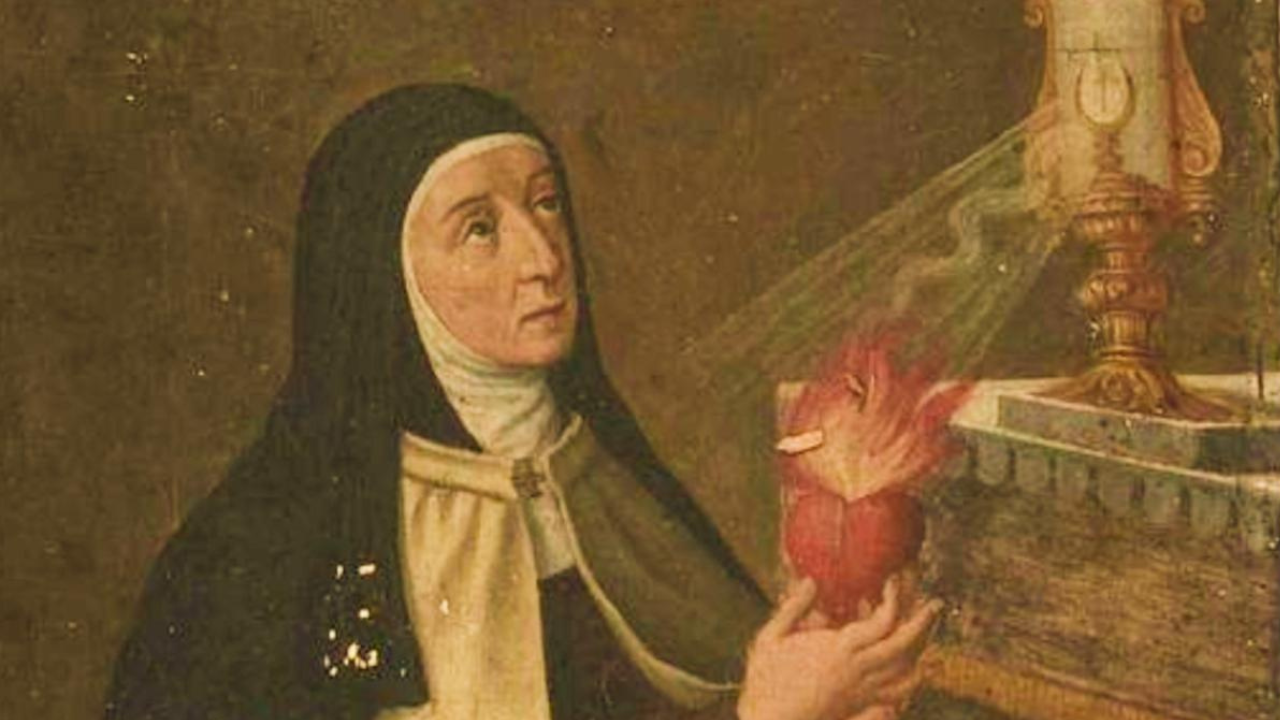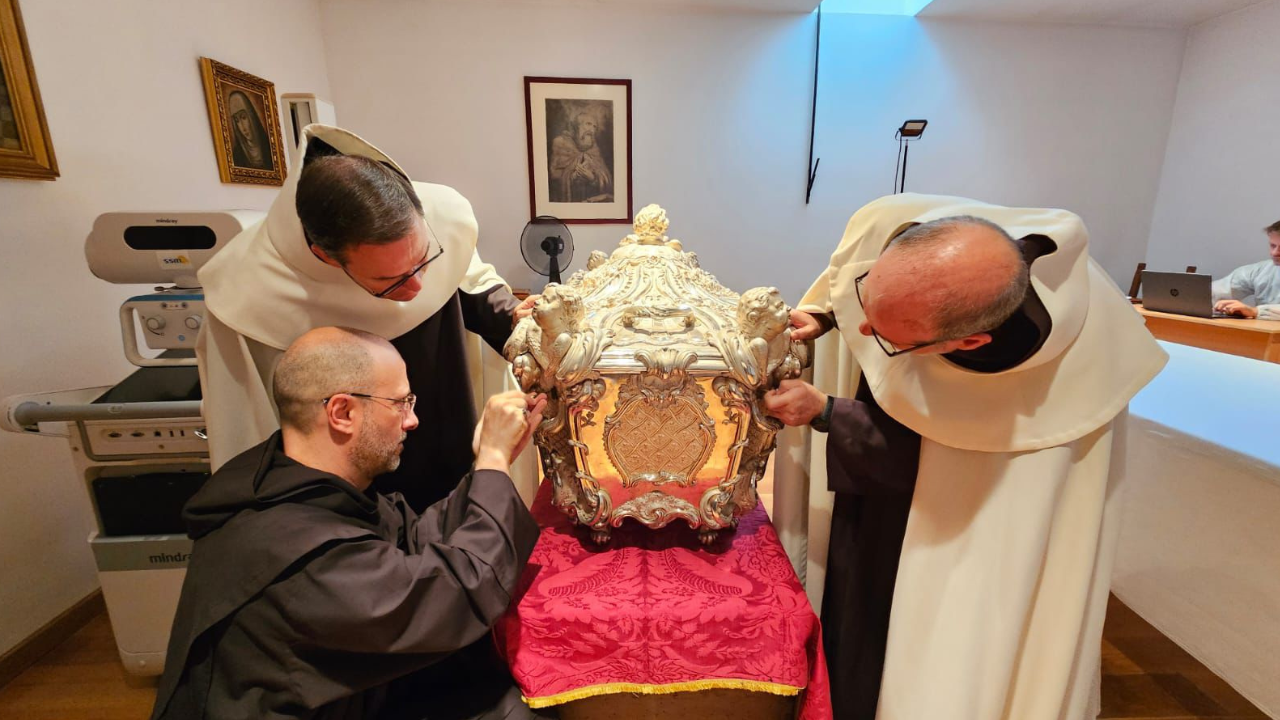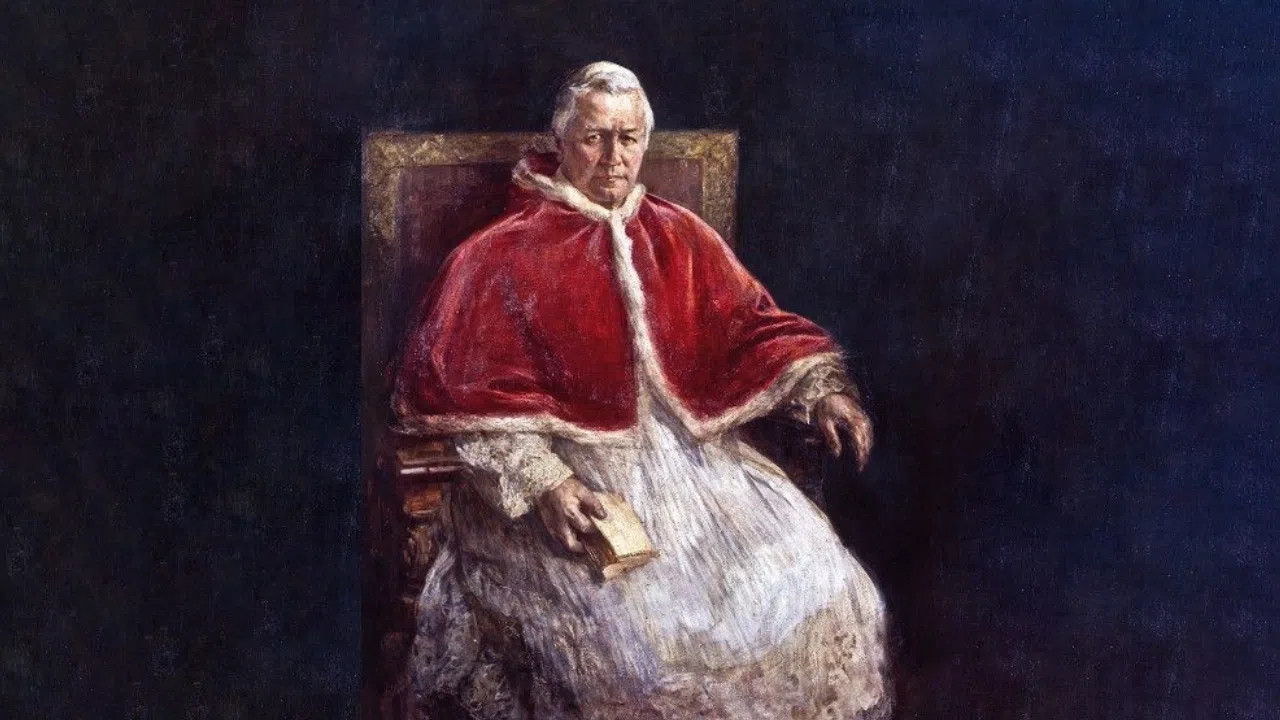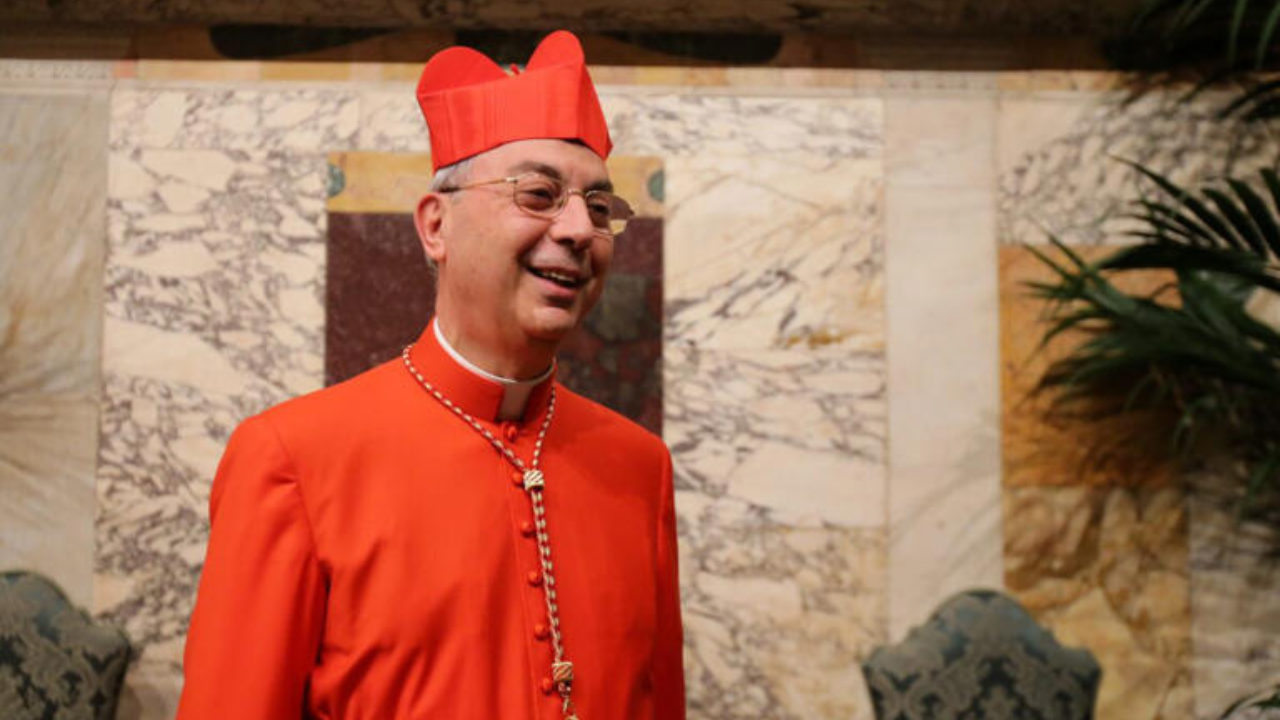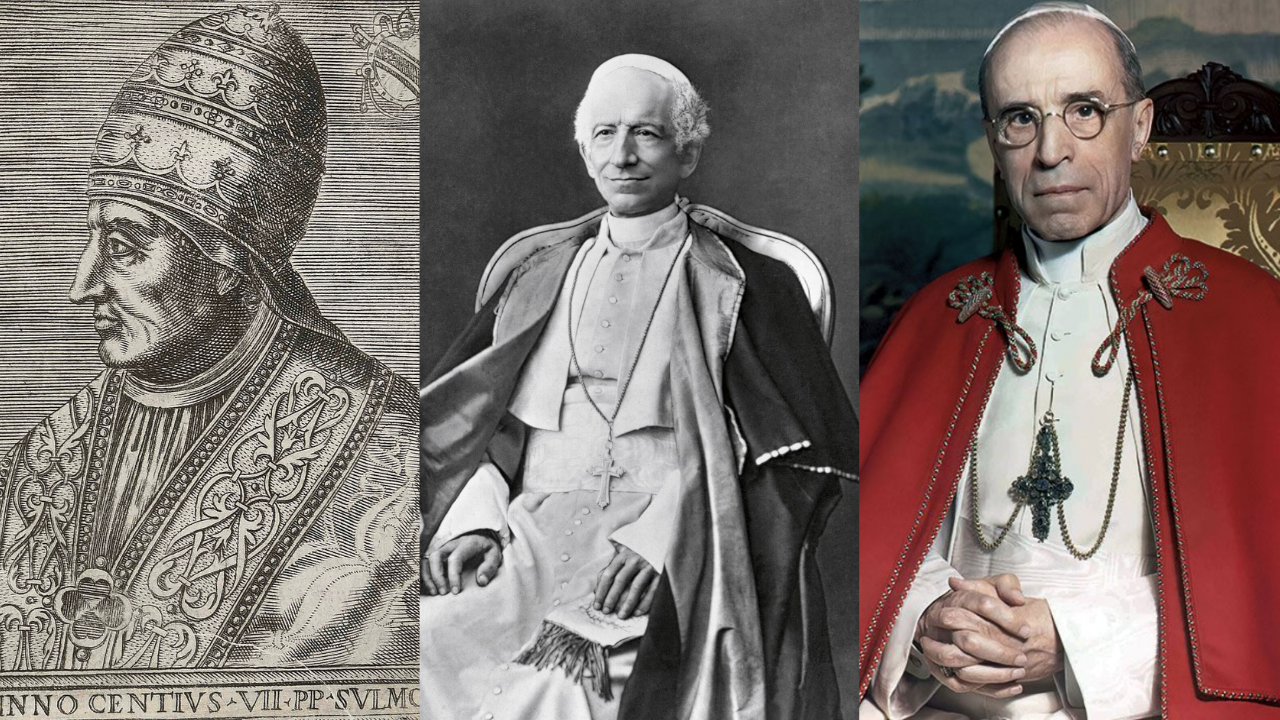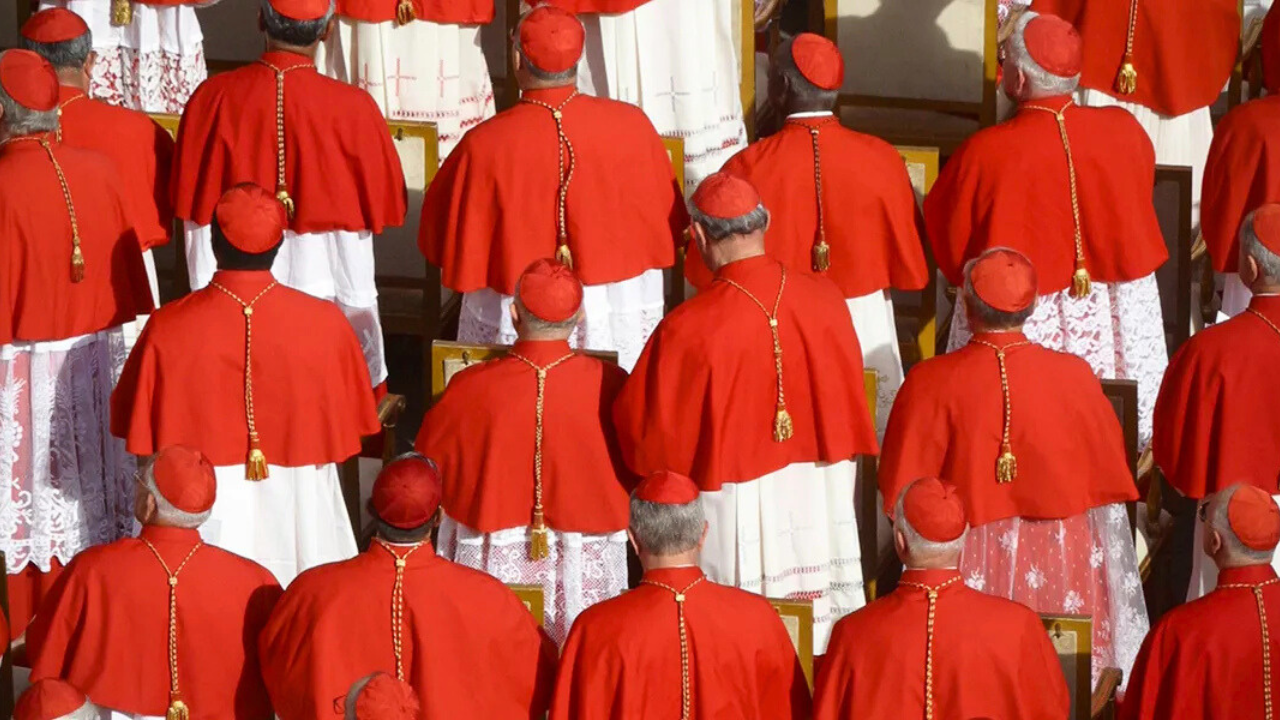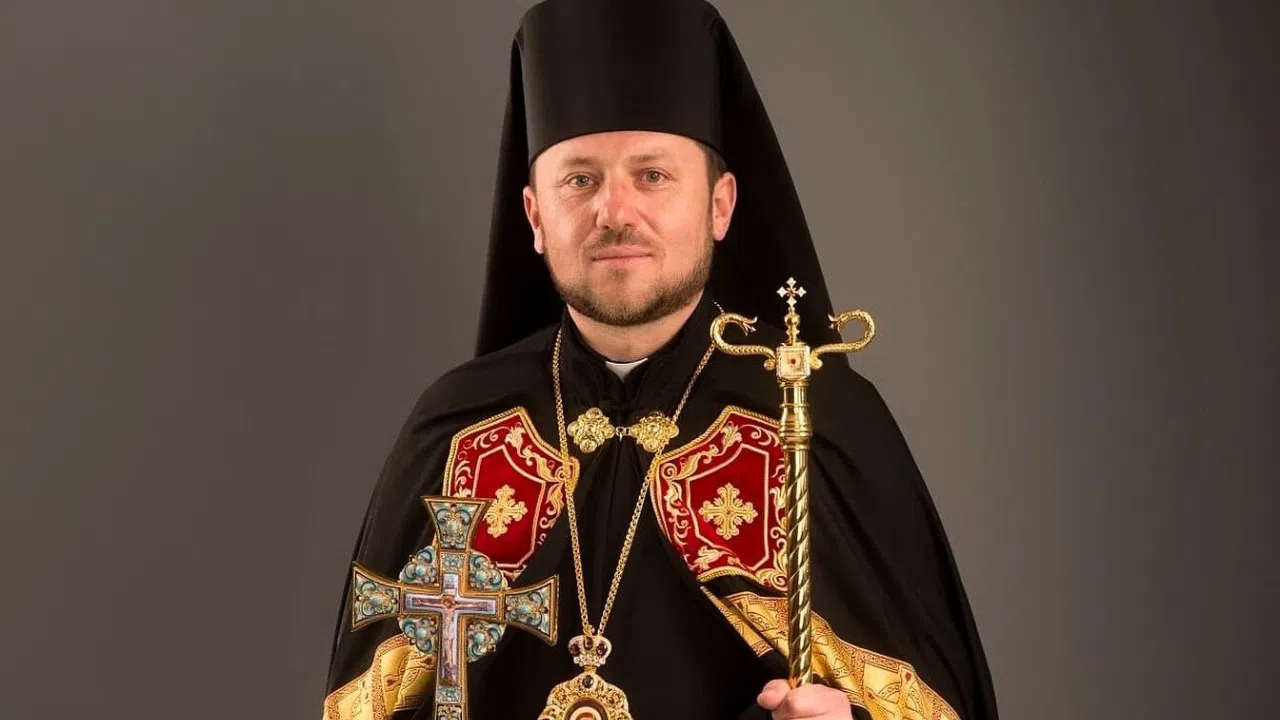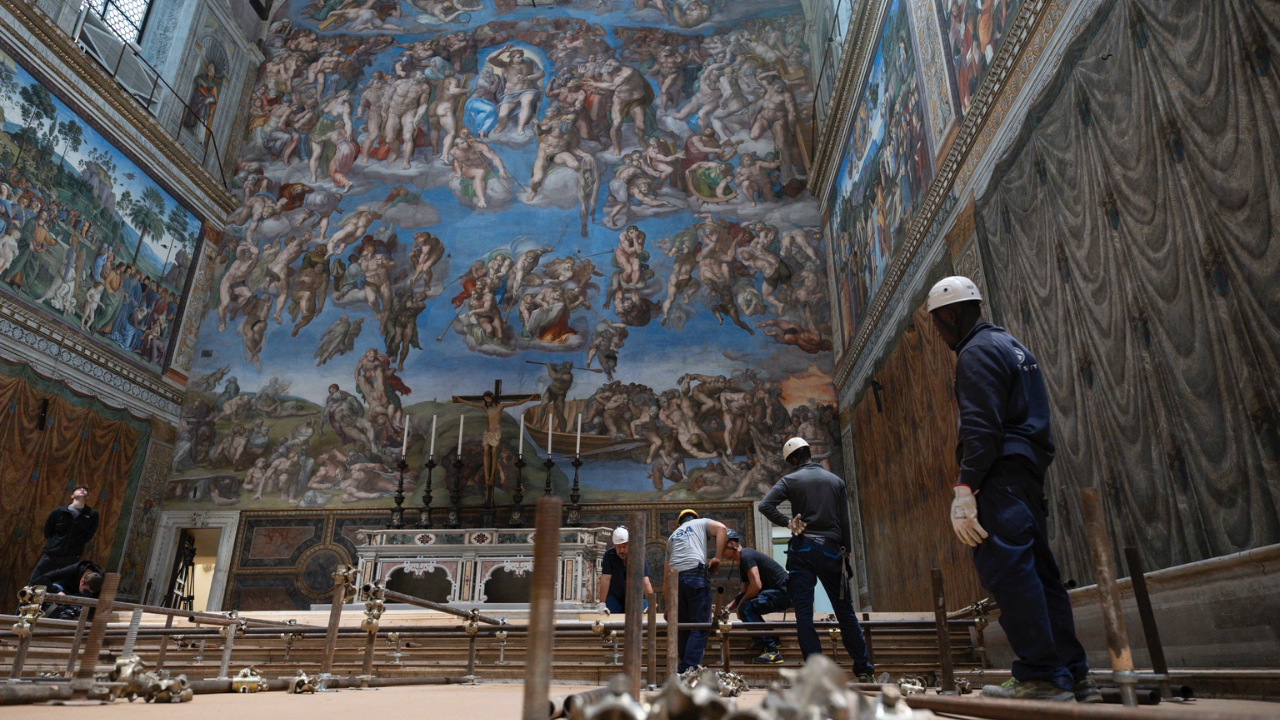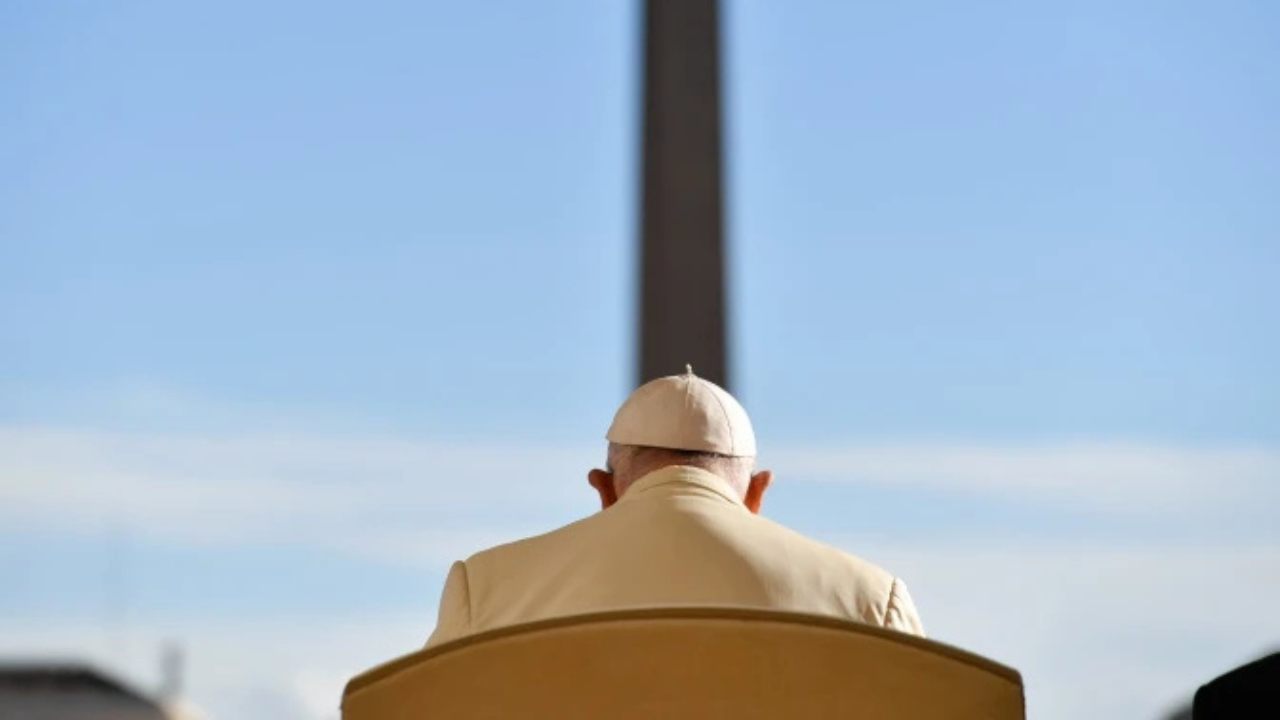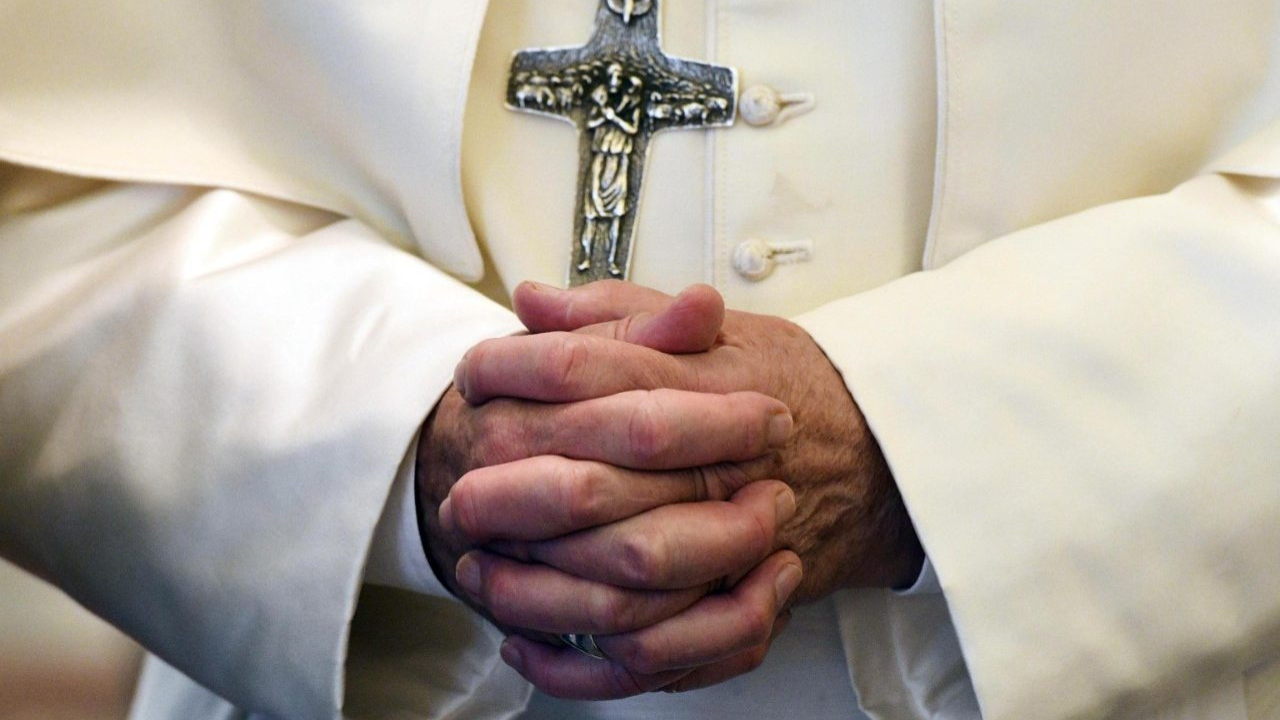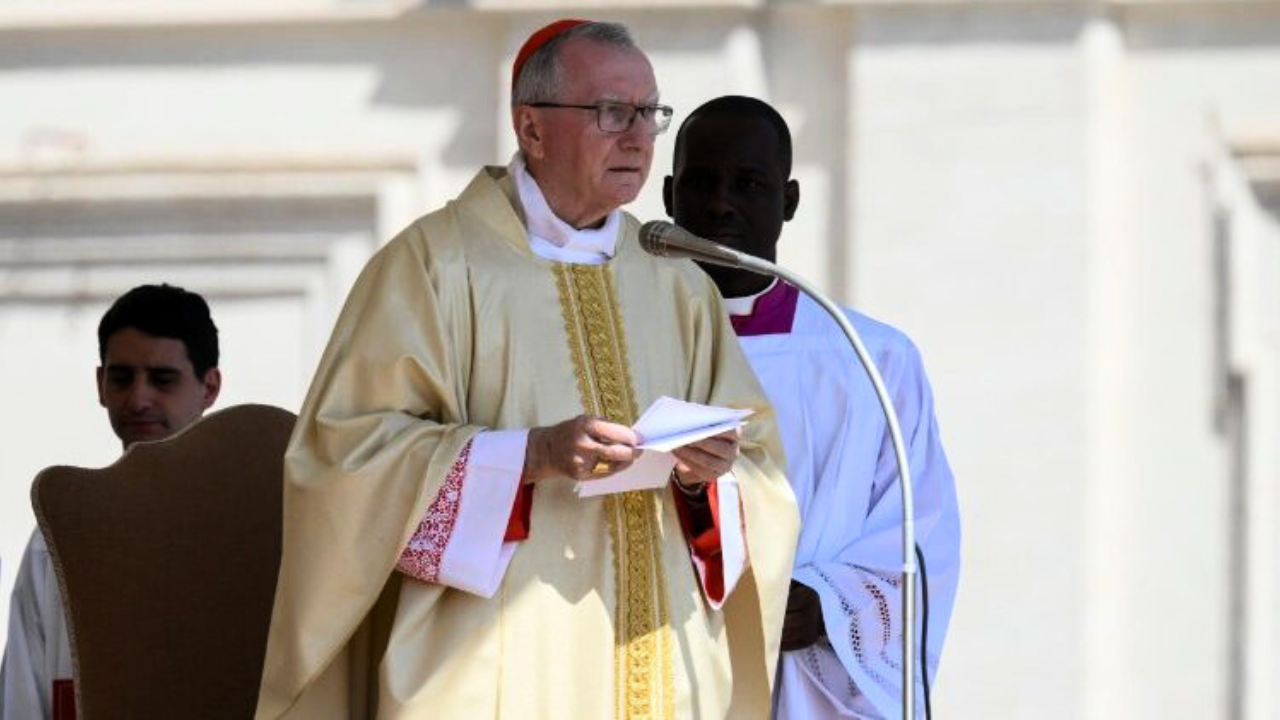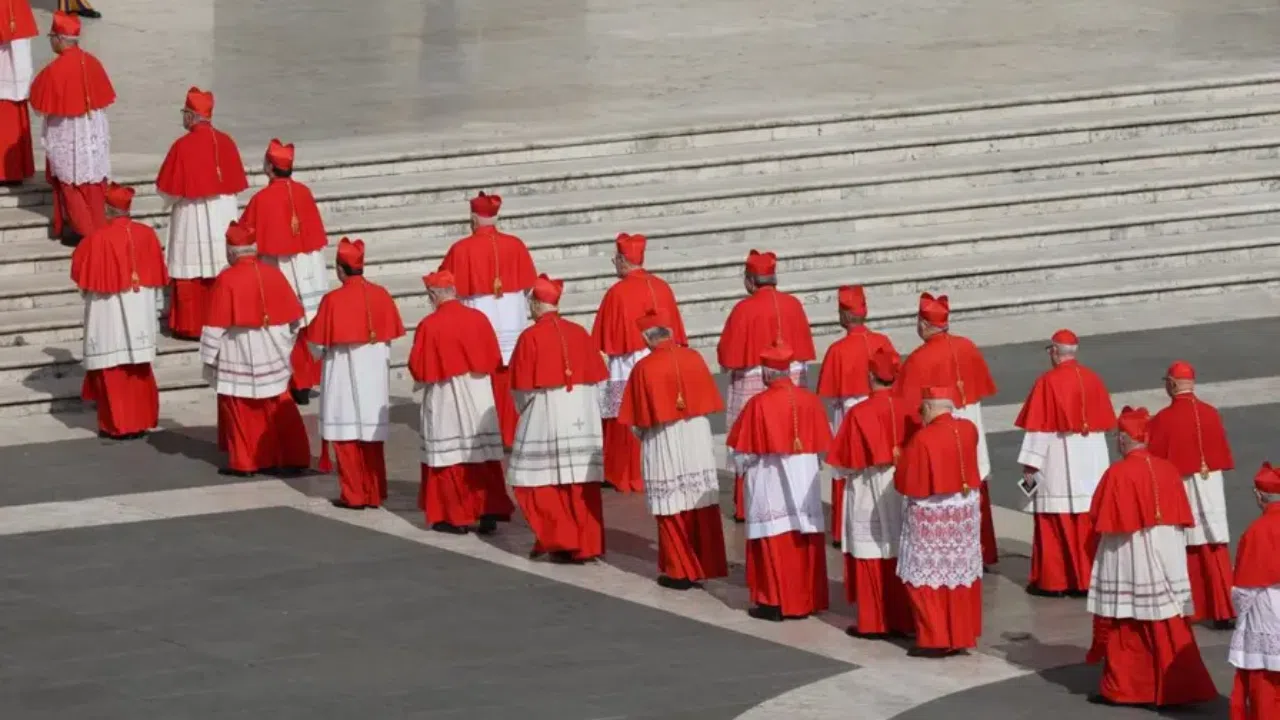Her name was Maria Antonia de Paz y Figueroa. However, she was better known by her Quechua name, Mama Antula. She lived in Argentina during the18th century and was beatified in 2016. Mama Antula came from a noble family, but quickly abandoned the comfortable life.
NUNZIA LOCATELLI
Co-author, “Mama Antula. The most rebellious woman of her time”
“She came from a very wealthy family of encomenderos, Spanish origin. However, at the age of 15 she decided to leave her family and go to the beaterio run by the Jesuit fathers.”.
Nunzia Locatelli investigated her life and was fascinated by this woman's rebel-spirit during very difficult years.
She says in the Jesuit house Mama Antula dedicated herself to receiving and helping orphaned girls, abandoned women and prostitutes.
However, in 1767, King Charles III expelled the Jesuits from Spain and its colonies. As a consequence, the house was closed.
The departure of the Society of Jesus also left a great void for many people who benefitted spiritually. Mama Antula responded to this by organizing clandestine retreats, with the permission of the bishops.
Nunzia Locatelli found hundreds of people attended these retreats. As a result, Jesuit spirituality continued to live on within the country during these years of exile.
NUNZIA LOCATELLI
Co-author, “Mama Antula. The most rebellious woman of her time”
“She was a woman of action. I'm not saying she took over, but she ensured the spiritual exercises stayed in Argentina. If we now have a Jesuit pope, Pope Francis, I believe we owe a very small credit to Mama Antula. This is because she allowed those values to remain valid, alive and important.”
Mama Antula had the gift of reaching all kinds of people. The biography even shows how she advised even the most powerful people of her time.
NUNZIA LOCATELLI
Co-author, “Mama Antula. The most rebellious woman of her time”
“Everyone turned to Mama Antulla for advice when faced with a problem. These were people from all types of social classes. From rich to peasant, to Indians and blacks, as they were called at the time.”
Although the process of beatification of Mama Antula was opened in 1905, it was stopped for many decades. However, the then Cardinal Jorge Mario Bergoglio re-launched it in 1999.
The promoters of the cause for canonization have presented a miracle attributed to Mama Antula. This could lead the pope to declare her a saint.
